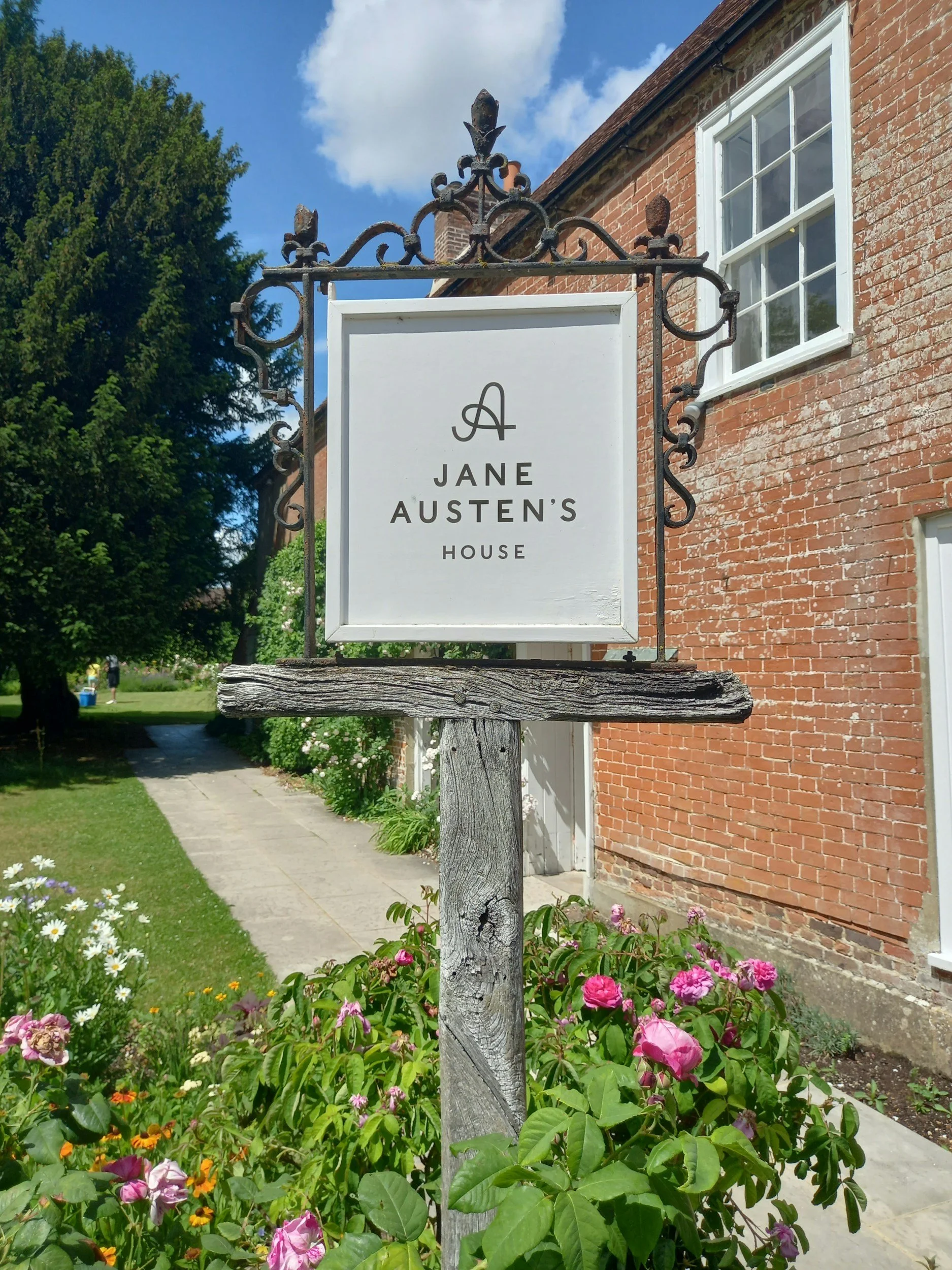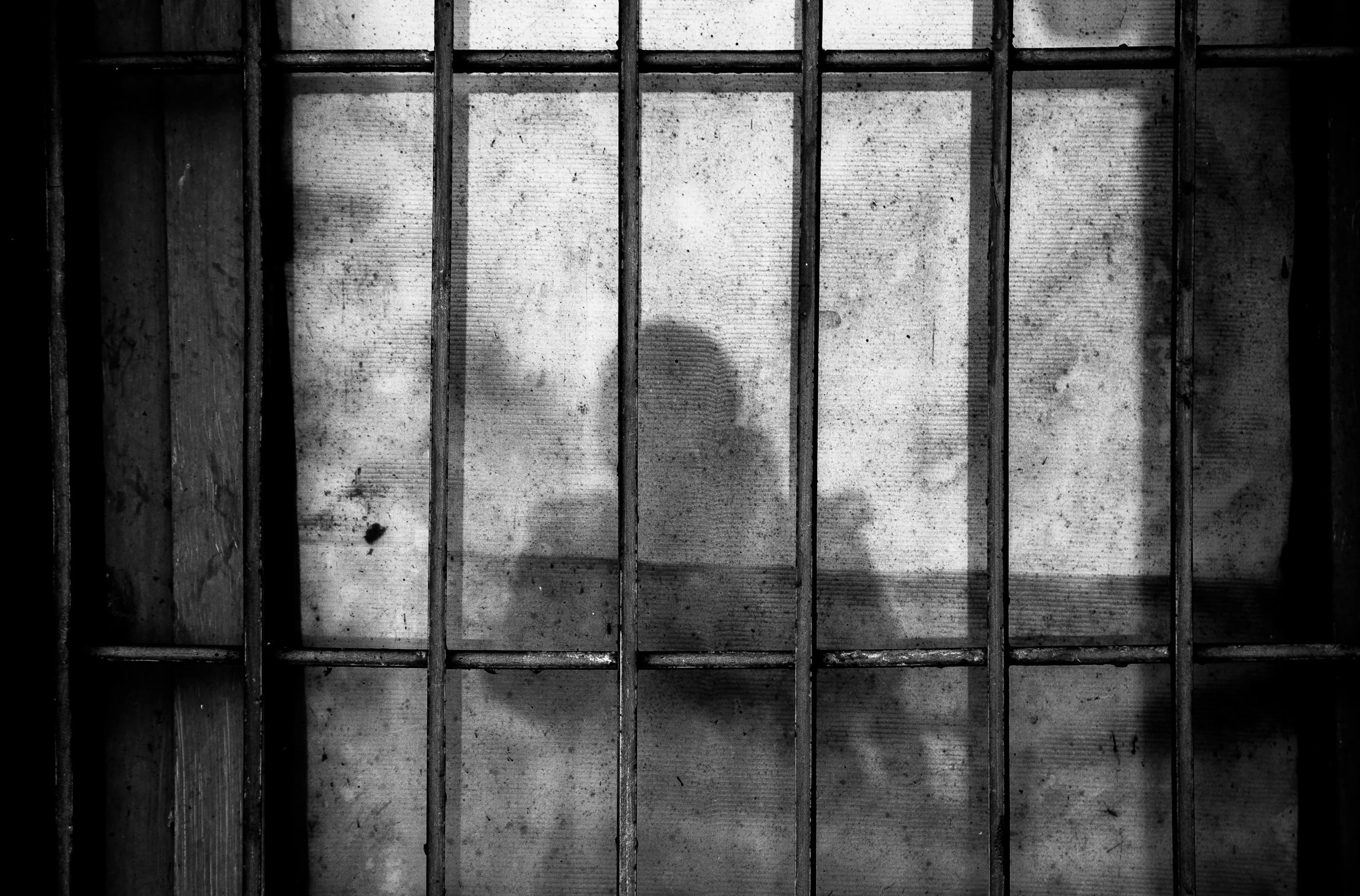The Problem With Certainty in Medicine: Emma and the Danger of Thinking We Already Know
"Seldom, very seldom, does complete truth belong to any human disclosure." — Jane Austen, Emma
Emma Woodhouse's greatest flaw is not malice or vanity. It is certainty. Medicine, for all its scientific sophistication, struggles with the same problem.
When confidence becomes certainty, it can blind. And in healthcare, a blind spot has consequences far beyond embarrassment at a dinner party. The danger is not simply that clinicians can be wrong. It is that they can be wrong with conviction.
Read on to explore how humility, reflective practice, and patient partnership can help clinicians see more clearly.
Pride and Prognosis: The Perils of First Impressions in Diagnosis
Clinicians often form impressions early in a patient encounter that shape the entire diagnostic process. Just as Austen’s characters revise first impressions with deeper narrative, healthcare improves when clinicians slow down to listen and patients come prepared with their story. Storyline Health helps bring those narratives forward and supports more accurate, human-centered care.
Sense and Sensibility & The False Choice Between Evidence and Empathy
Researchers describe a common clinical phenomenon as “discordant explanatory models”: moments when patients and clinicians are attempting to explain the same illness but cannot quite understand one another. Patients speak from lived sensation, fear, intuition, and story. Clinicians respond with pattern recognition, structured reasoning, and diagnostic narrowing. Both are acting in good faith. Both are seeking clarity. Yet each may leave the encounter feeling unheard.
Jane Austen portrayed this dynamic with remarkable precision in Sense and Sensibility. Elinor and Marianne do not clash because one sister is rational and the other emotional. They clash because they interpret the world through different, incomplete ways of knowing. Each sees something true. Each misses something essential. Austen’s deeper insight is that wisdom emerges only when both forms of understanding are held together.
Modern healthcare often asks patients to be either logical historians of their symptoms or vulnerable narrators of their suffering, but rarely both. Clinicians are similarly pressured to prioritize either evidence or empathy in time constrained encounters. The result is not a failure of compassion or competence, but a mismatch in language that quietly erodes trust.
The Austen Approach: Building Trust and Compassion in Healthcare
Jane Austen reminds us that care is sustained not by efficiency alone, but by character. Trust is built slowly, through presence, continuity, and the quiet work of seeing another person fully. Even when systems strain and time is short, it is relationship that carries care forward. Compassion is not a detour from good medicine. It is the means by which medicine works.
The Debt of Care: Dickens’s Little Dorrit and the Modern Health System
Dickens’s portrayal of the bureaucratic Circumlocution Office in Little Dorrit shows how rigid institutions stifle compassion. Today, excessive paperwork and administrative overload in healthcare fuel clinician burnout and place a heavy strain on family caregivers. This post examines these parallels and calls for compassion-centered reforms in medicine.
Community as Cure: Dickens, Mr. Rogers, and the Social Determinants of Healing
"Suffer any wrong that can be done to you rather than come here!" In Bleak House, Dickens's Court of Chancery is a foggy nightmare of endless forms and hearings. Today's clinics have their own version of that fog. Patient portals, online booking, and virtual visits promise "convenience," but often land squarely in the clinician's lap as new chores. Doctors spend only 27 of 57 weekly hours on face-to-face care, with another 13 hours on orders and documentation, and 7.3 hours on administrative tasks. The result is care meant to be patient-centered but achieved at the expense of provider time, focus and morale. This hidden bureaucracy has real costs: delayed treatments, clinician burnout and even moral injury. Every "convenient" feature creates hidden work, and unless we clear that fog, the system simply burns out its caretakers.
Bleak House Medicine: How Bureaucratic Fog Smothers Care
"Suffer any wrong that can be done to you rather than come here!" In Bleak House, Dickens's Court of Chancery is a foggy nightmare of endless forms and hearings. Today's clinics have their own version of that fog. Patient portals, online booking, and virtual visits promise "convenience," but often land squarely in the clinician's lap as new chores. Doctors may spend only 27 of 57 weekly hours on face-to-face care, with another 13 hours on orders and documentation, and 7.3 hours on administrative tasks. The result is care meant to be patient-centered but achieved at the expense of provider time, focus and morale. This hidden bureaucracy has real costs: delayed treatments, clinician burnout and even moral injury. Every "convenient" feature creates hidden work, and unless we clear that fog, the system simply burns out its caretakers.
The Ghosts of Value-Based Care: A Dickensian Tale of Health System Renewal
In the spirit of Dickens's classic A Christmas Carol, we reflect on healthcare through a lens of compassionate realism. Our system has battled many Cratchits and Tiny Tims (patients and families bearing the cost of a broken model). Even as challenges loom, a redemptive path emerges: value-based care. This vision puts health outcomes at the center and offers hope for rebuilding trust in a weary system. Once, healthcare was like Scrooge's counting house, driven by volume rather than human need. Every test, every procedure was billed, leaving little room for unbilled compassion. But pioneer systems proved that aligning incentives with health pays off: patients in value-based programs live six to eight years longer than average, thanks to earlier diagnosis and superior chronic care. By weaving technology, team-based practices, and a renewed social conscience into care, we can move from isolation toward inclusive understanding and healing.
The Light That Stayed: Holding Mercy Inside a Weary System
In the pale light of early January, holiday decorations come down and the festive glow fades. What remains for many caregivers is a stark clarity about the accumulated stress the season masked. For weeks, you may have juggled cheerful gatherings and caregiving duties, smiling through cookie exchanges while managing medication schedules, squeezing in doctor visits amid family festivities. Now, as morning sunlight spills into your home, an unspoken question may surface: How can I keep doing this?
You are not alone. Research shows most caregivers report higher levels of emotional strain during the holidays. But here's the truth: caregiver stress is not a personal failing. It's shaped by systemic pressures in our healthcare and social support systems. About half of America's family caregivers are performing complex medical tasks once reserved for professionals, often with little to no training. This post-holiday moment offers something powerful: a chance for renewal, clearer boundaries, and rebuilding trust in a system that has let you down. The light revealed in January is not a harsh spotlight on failures; it's a beacon showing you where to go next.
Auld Lang Syne: What We Carry, What We Set Down, and the Year That Awaits Us
Auld Lang Syne has always carried a kind of ancient ache, inviting us to pause at the year’s edge and consider what we have carried and what might be ready to set down. In healthcare, these transitions matter. Patients and caregivers often feel the emotional weight of the year only once the pace slows, and the science of narrative identity, cognitive off-loading, and relational continuity helps explain why. This New Year’s reflection explores how memory, kindness, and durable connections support well-being, and how releasing unnecessary burdens can make the year ahead more humane and more sustainable.
I’ve Got My Love to Keep Me Warm: Emotional Warmth in the Week Between Holidays
The week after Christmas often reveals what the holiday pace kept hidden. Symptoms feel clearer, emotions rise to the surface, and caregivers finally notice how tired they are. I’ve Got My Love to Keep Me Warm offers a gentle framework for this in-between season. Emotional warmth has measurable physiological benefits, from lowering cortisol to improving regulation and clarity. It does not remove the cold. It changes how a person moves through it. In healthcare, this kind of warmth is not sentimental. It is stabilizing, allowing patients and families to think, speak, and hope with more ease as the year draws to a close.
O Holy Night: A Thrill of Hope for the Weary
Christmas Eve carries a quiet that weary bodies know well. For many living with serious illness or caring for someone they love, hope is not a loud emotion but a physiological shift that happens when someone finally feels understood. O Holy Night captures this truth. The weary world rejoices not because the burden disappears, but because presence, clarity, and being truly heard create a measurable easing of the body and mind. In the exam room and at the bedside, hope takes root in moments of connection, meaning, and gentle orientation. It is the kind of hope that steadies people through long nights.
Keeping Silence: Reverence in the Exam Room
Reverence may seem out of place in modern healthcare, yet research shows that silence, presence, and sensory stillness can create the conditions where patients finally feel safe to speak the truths they have been carrying alone. Let Mortal Flesh Keep Silence offers a language for this posture, and the exam room becomes its own sacred threshold when clinicians listen long enough to hear the story beneath the symptoms, create quiet that heals rather than isolates, and offer presence close enough for connection but calm enough for clarity. In a system full of noise, fragmentation, and digital distance, reverence becomes a form of clinical skill that restores dignity and brings the human voice back to the center of care.
Wonderful Christmastime: The Science of Small Joys in a Heavy Season
Paul McCartney’s Wonderful Christmastime may not be the most profound holiday song, but its effortless cheer reveals something essential about how humans cope during heavy seasons. Research over the past several years consistently shows that small, positive emotional experiences (what some scholars call “micro joys”) produce measurable physiological effects. Even moments lasting only a few seconds can lower cortisol, increase dopamine, strengthen immune function, and improve cognitive flexibility. These small shifts do not erase hardship; they expand a person’s capacity to move through it. In healthcare settings, this matters deeply. Patients and caregivers often feel pressure to generate hope in dramatic ways, yet the nervous system relies on something far simpler. A warm mug. A familiar scent. A lifted melody. A sentence that cuts through confusion. These micro experiences act as brief emotional recalibrations. Studies from the pandemic years showed that even two to five minutes of positive affect improved coping and reduced physiological stress. Clinicians, too, benefit from tiny social and sensory resets that restore presence and lower emotional overload. Wonderful Christmastime captures that dynamic. It is uncomplicated, light, and disarming; an emotional interruption that changes the temperature of a moment. In seasons of strain, sometimes the most clinically meaningful act is simply having this moment.
Lo, How a Rose E’er Blooming: Fragility and the Conversations We Struggle to Begin
Serious illness often feels like winter, a season when patients hesitate to say what they truly need, families fear asking the harder questions, and clinicians, without continuity to anchor the relationship, are unsure when to go deeper. The hymn Lo, How a Rose Eer Blooming offers another image: a fragile stem rising through cold ground, much like the quiet truths patients often offer in small hints or subtle cues. Research shows these cues appear long before people voice their real preferences, yet many go unanswered until someone creates enough warmth and presence for honesty to bloom. When fragility is finally met with attentive presence, the real conversation begins, and care can return to what matters most.
It’s Beginning to Look a Lot Like Christmas: The Science of Noticing Small Signs
Sometimes health begins to shift in the smallest ways, long before someone feels “better.” It’s Beginning to Look a Lot Like Christmas captures that quiet truth. Just as early decorations signal a season on its way, subtle changes in energy, clarity, routine, or symptom patterns often appear before confidence returns. Noticing these early signs is a clinical skill and a human one. It helps patients and families recognize direction, regain motivation, and feel less alone in the slow work of healing.
A Storyline Christmas: Light, Longing, and the Work of Care
In serious illness, the holidays rarely feel simple. Research shows that patients and families navigating cancer, grief, or chronic conditions find resilience not through control, but through meaning. Even when the season feels cold or emotionally spare, healing can happen in quieter forms: reflection, relationship, presence. This Christmas, we look to the clinical and the poetic to ask: What is enough in a hard season? And what kind of care helps people hold what matters most?
Sleigh Ride: Small Steps and the Psychology of Getting Started
There is a reason Sleigh Ride feels instantly energizing. In healthcare, progress almost never arrives in sweeping changes. It begins with tiny steps, small bursts of clarity, or moments of support that lower the emotional cost of getting started. Behavioral research shows that micro wins and manageable actions help patients and caregivers move through overwhelm and build momentum. One gentle sleigh ride of progress at a time, the smallest step can become the first sign of real change.
A Storyline Christmas: Light, Longing, and the Work of Care
Christmas is the season when light and longing meet. It brings families together, surfaces old questions, and reveals what our health stories have held all year. At Storyline, we feel especially called to walk with people in these moments. Our work is simple and steady: listening, clarifying, and helping families make sense of what matters most. The gifts that truly count in this season are often small. A clearer plan. A calmer mind. The sense that someone is walking with you. In a month full of both ache and beauty, we are grateful to be part of your story.
The Table We Build Together: Companionship as Care
In a culture grappling with profound disconnection, the answer to loneliness isn’t more treatment. It’s togetherness. Drawing from clinical research and the theology of George MacDonald, this piece explores how healing begins when we are remembered, revisited, and received. At the heart of care is not efficiency, but companionship.





















